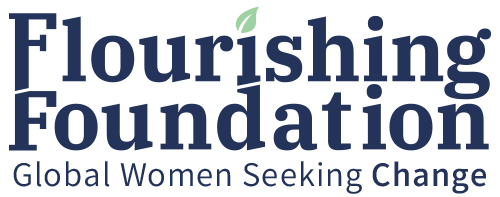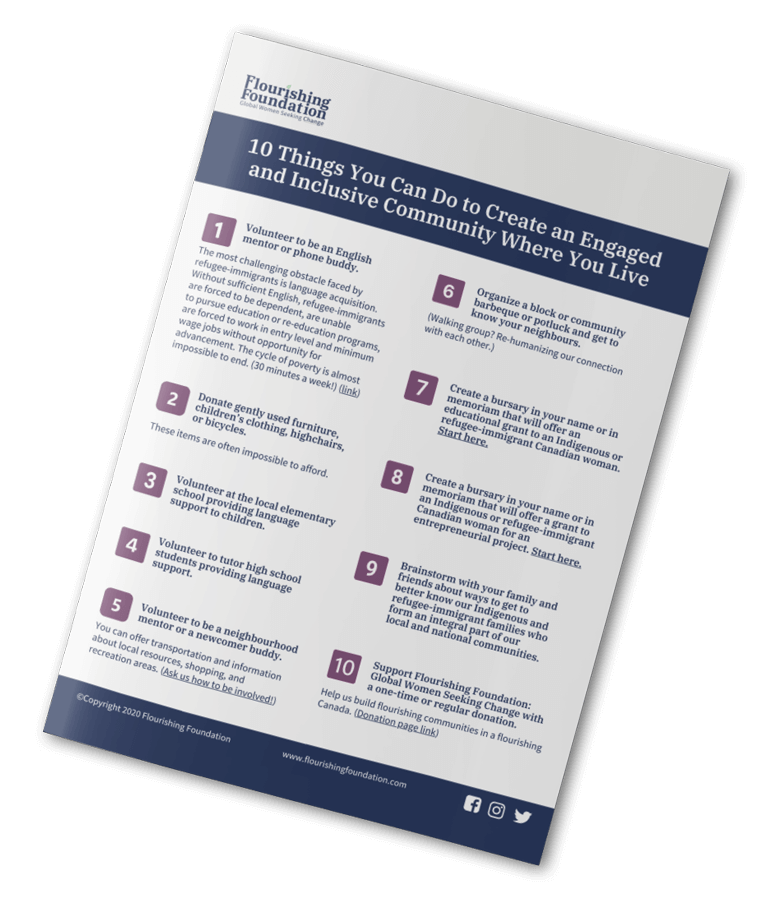Common Terms for Website
Terms and Definitions
Refugees:
Refugees are a sociopolitical category produced by conflict: a category of humans who have become a global crisis. The latest reports estimate 80+ million people are displaced from their homelands because of war, climate, political unrest (UNHCR).
“Refugees are people who have fled war, violence, conflict or persecution and have crossed an international border to find safety in another country. They often have had to flee with little more than the clothes on their back, leaving behind homes, possessions, jobs and loved ones. Refugees are defined and protected in international law.” https://www.unhcr.org/afr/what-is-a-refugee.html
Refugee-Immigrant:
A distinct category to describe refugees who are living in a host country as permanent residents thereby locating individuals who are no longer living in the hiatus of a refugee camp or temporary refuge country, and demarcating challenges and obstacles that may not exist when one immigrates by choice.
Participatory-Hospitality:
A model of hospitality that has eliminated host-guest dynamics and their implicit power structures. Participatory-Hospitality is welcoming a stranger as a friend and offering the same rights and privileges that we enjoy as a result of being born in a country that values peace, opportunity, and safety. This gesture is not borne of generosity. We are compelled by recognizing the humanity in another and by inviting another to participate in decision-making that directly affects them.
Food for Thought:
At present, when Canada is a host country, the relationship implies an act of hospitality by the host/owner/dominion, a gift of generosity toward a needy or suffering Other, and an act of humanitarianism. In the gesture of welcoming guests, the host country establishes its social role as host and reinforces its position of permanence and power. Guests are not invited to the table for decision-making even when the decisions directly affect them.
In 2001, refugee scholar and critic Chimni proposed his dialogic model in declaring that conversations between academics, NGOs, states, and the UNHCR must include the voice of the refugee. Chimni states:
In conducting the dialogue these actors must, of course, ensure that they do not always speak on behalf of, but in conversation with, refugees. The need to listen to refugee voices, and allow them to participate in decisions which directly affect their lives, is of supreme significance in giving content to the concept of refugee protection.
(Nyers, P. (2006). Rethinking Refugees: Beyond states of emergency. New York, NY: Routledge, p. 152).
How will Canada flourish if its immigrant population languishes?

